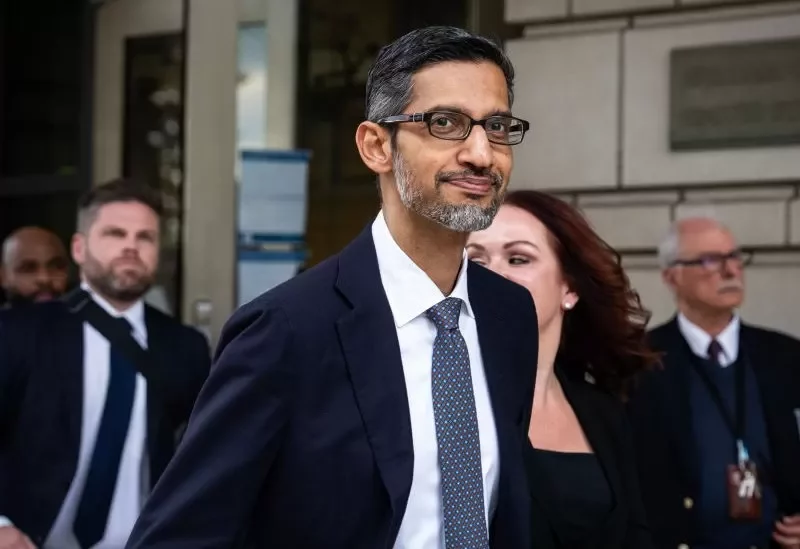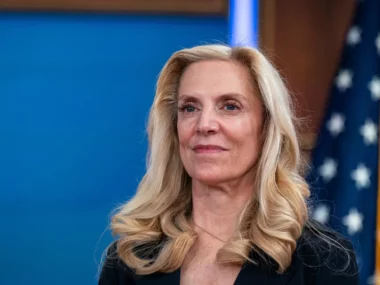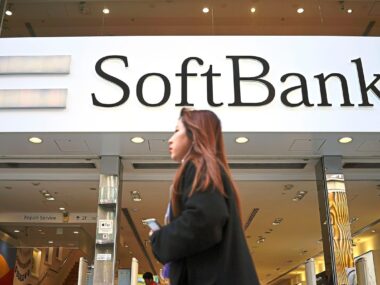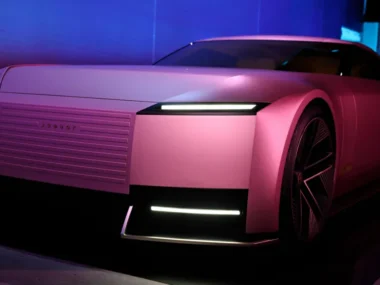Fresh details have emerged during a court trial in the US, where Google is facing monopoly allegations, revealing the extent of the payments the tech giant is willing to make to secure its position as the primary search engine.
An expert testifying on behalf of Google disclosed that the tech giant channels around 36% of its advertising revenue, earned from Apple’s Safari web browser, back to Apple—an element central to the ongoing monopoly case between the two companies.
This financial relationship between Google and Apple has become a focal point in the case, with prosecutors alleging that their business dealings have unlawfully restrained competition. During the trial, the lead attorney representing Google reportedly reacted visibly when the specific percentage of ad revenue sent to Apple was revealed, as per Bloomberg.
Google has consistently argued that its dominance in online searches is a result of offering a superior product. The trial, which began in September and has mostly been shielded from the public to safeguard trade secrets, has divulged some details.
It was revealed in court that Google disbursed over $26 billion to various companies, including Apple, Samsung, and Mozilla, to secure its position as the default search engine. Estimates from Wall Street analysts suggest that the amount allocated to Apple alone exceeded $18 billion.
Professor Kevin Murphy from the University of Chicago, who disclosed the share of advertising revenue Google provides to Apple from Safari traffic, argued that these substantial payments signify the intense competition within the market—an argument bolstering Google’s position.
The trial is nearing its conclusion, with numerous witnesses, including Alphabet CEO Sundar Pichai and Microsoft’s CEO Satya Nadella, having testified. The US Department of Justice, prosecuting the case, is pursuing severe penalties aimed at ending anti-competitive practices.
A ruling against Google could hold significant implications for the tech industry, even if it stops short of mandating a breakup of the company. Judge Amit Mehta, presiding over the case, is not expected to issue a verdict until early next year.











